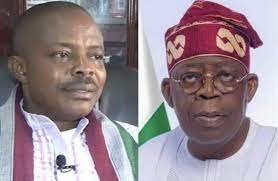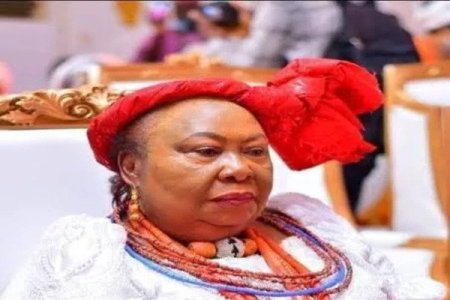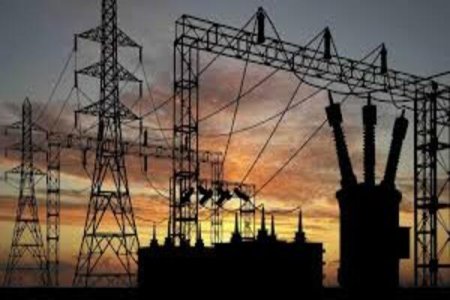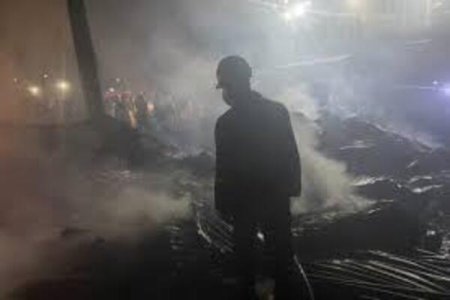
The meeting between the Nigerian Federal Government and Organized Labour ended in a deadlock just 24 hours before a nationwide strike was set to begin. Leaders of the Nigeria Labour Congress (NLC) and the Trade Union Congress of Nigeria (TUC) rejected the government's offer, including President Bola Tinubu's proposal of a provisional N25,000 wage increase for low-grade workers to offset the impact of removing the petrol subsidy. The labour leaders demanded a 200% increase in the current minimum wage and insisted that the wage increase should apply to all workers and not be limited to six months.
Other demands from the labour unions included tax rebates for low-income earners, the removal of Value Added Tax (VAT) on diesel for six months, and the provision of Compressed Natural Gas (CNG) and buses within two months. The meeting lasted for several hours, with the government delegation led by Femi Gbajabiamila, Chief of Staff, ultimately breaking for consultations with President Tinubu on the new demands.
While the government announced some concessions, including the wage increase, waivers on VAT for diesel, and a conditional cash transfer program, the labour unions remained unsatisfied, and the strike was looming. Organized Labour ordered state councils and affiliates to ensure total compliance with the nationwide strike directive and established zonal strike coordinating committees to work towards the strike's success.
The situation remained tense, with further consultations and negotiations expected as both sides sought resolution to avert the impending nationwide strike.





